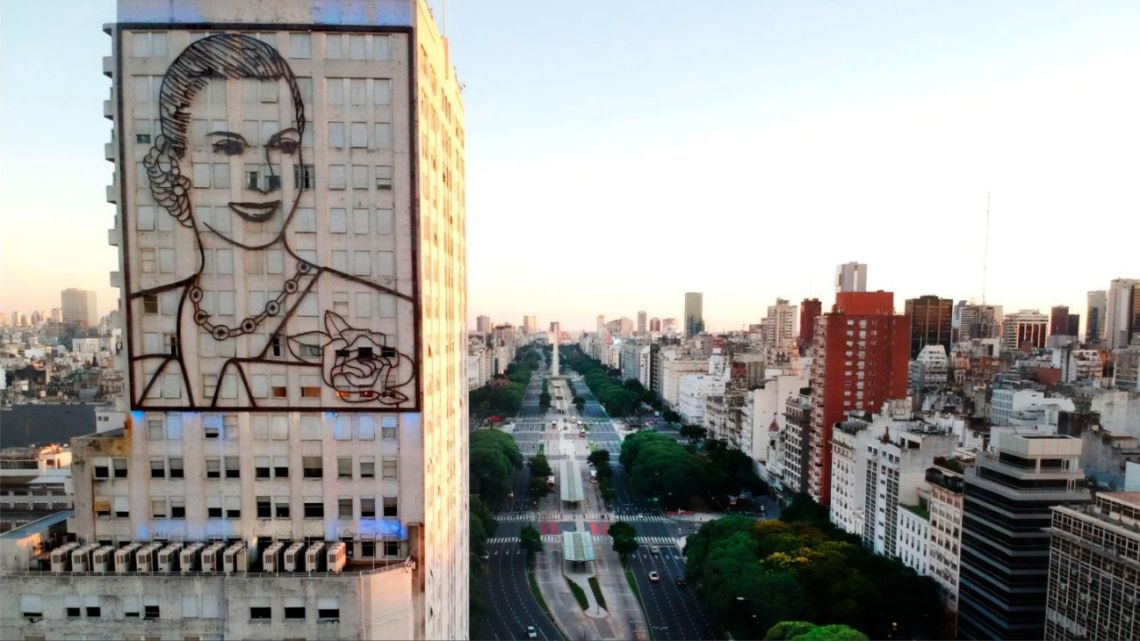The Catholic Church in Kenya has broken its usual political silence, signaling a crisis in the nation’s governance. The Kenya Conference of Catholic Bishops (KCCB) recently issued a stark rebuke of President William Ruto’s administration.
They highlighted concerns that affect every Kenyan’s life. At the heart of the bishops’ critique are allegations of human rights abuses.
They claim the government has been involved in abductions, torture, and even killings of anti-government protesters. These accusations aren’t just political rhetoric; they represent real fears among Kenyan citizens about their safety and freedom.
The Church‘s statement also takes aim at the government’s economic policies. New tax measures have hit Kenyans hard, sparking widespread discontent.
The bishops argue these policies are crushing the average citizen, contradicting Ruto’s campaign promises of economic relief.
 Kenya’s Catholic Bishops Expose Culture of Lies Under Ruto. (Photo Internet reproduction)
Kenya’s Catholic Bishops Expose Culture of Lies Under Ruto. (Photo Internet reproduction)Healthcare is another flashpoint. Faith-based hospitals, crucial for many Kenyans, are struggling due to unpaid government debts. This situation threatens to cut off vital medical services for millions, especially in underserved areas.
Tension Between Kenya’s Government and Catholic Church
President Ruto’s response to this criticism has been cautious. He urged the clergy to stick to facts, revealing the government’s unease with such a powerful moral voice speaking out.
The Catholic Church, representing about 20% of Kenya‘s Christians, carries significant weight in public opinion. This confrontation matters because it’s not just about politics.
It’s about the daily lives of Kenyans. When the Church speaks out like this, it often reflects deep-seated issues that affect everyone, from the urban poor to rural farmers.
The bishops’ intervention also highlights a growing trust deficit in Kenyan politics. They speak of a “culture of lies” permeating the government, challenging the very foundation of democratic governance.
For Kenyans, this clash between Church and State isn’t just news; it’s a call to attention. It suggests that the social contract between the government and its people is under strain.
The Church’s rare step into the political arena signals that fundamental rights and social welfare are at stake. As this story unfolds, it will likely shape Kenya’s political landscape.
It challenges citizens to engage more deeply with their governance and demands accountability from their leaders. The outcome of this confrontation could set the tone for Kenya’s democratic future.

 By The Rio Times | Created at 2024-11-15 21:21:01 | Updated at 2024-11-22 08:11:36
6 days ago
By The Rio Times | Created at 2024-11-15 21:21:01 | Updated at 2024-11-22 08:11:36
6 days ago








